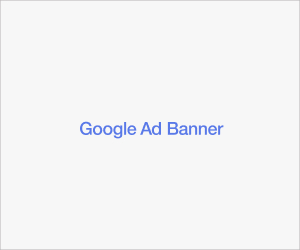
Ready, Aim, Fire… Then Retarget #12D #Liveblog Every PPC marketer wants to be known as a great retargeter, and unfortunately many of them are claiming...
Consumer behavior is evolving as customers become more comfortable with the Internet. Smart SEO managers are adapting their content to meet these changing market dynamics....
Keywords are a foundational part of Internet marketing, but some of us may have lost sight of their purpose. Knowing why keywords matter will help...
How to advertise with Google AdWords Google will take you through all the steps of registering for AdWords, cost, and how to use AdWords. A...
To add the above image to your website, please copy and paste the code below. <a href=”http://www.swellmarketing.com/wp-content/uploads/2012/12/pay-per-click-ppc-adwords-infographics.jpg”><img src=”http://www.swellmarketing.com/wp-content/uploads/2012/12/pay-per-click-ppc-adwords-infographics.jpg” alt=”10 Easy Mistakes That Will Make You...
According to the infographic, a good PPC ad campaign is only as good as its weakest link, much like a stereo system. The final output...
Much to the delight of some advertisers, Google’s AdWords has released a new feature that allows them to share their budgets across multiple campaigns. Marketers...
There is no doubt about it, change is stressful. Even good change brings a certain amount of stress, and bad change can paralyze a person–or...